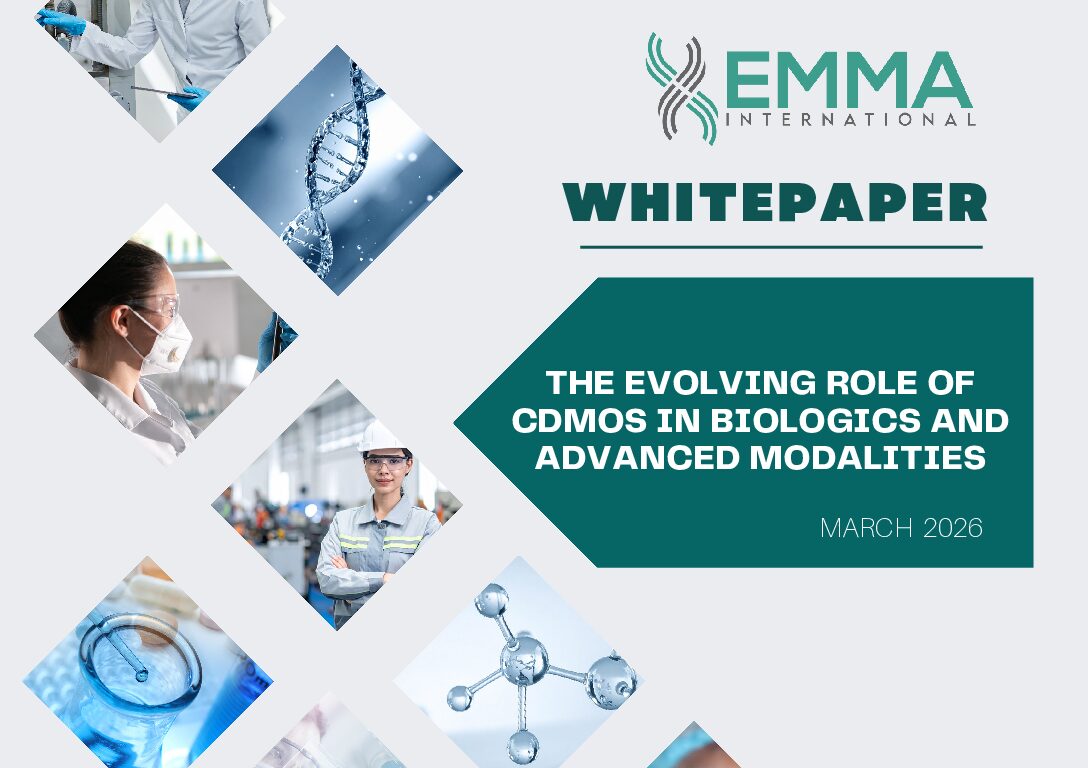Whether you are working on a prescription drug, over-the-counter (OTC) drug, or even a dietary supplement, stability testing is required depending on the location of registration and agencies involved in its approval. Stability testing is the method of testing a product’s safety, efficacy, and chemical composition after a set period. Stability tests are required to determine the shelf-life and expiration date of various medications and supplements. As a drug sits unused, it will eventually begin to undergo changes – either physical, chemical, or both! It is important to understand fundamentally what changes are occurring to a product and when they are occurring. These stability characteristics of any drug product must be disclosed to regulatory bodies and governing agencies so that safe labeling, handling, and storing conditions may be verified.
There exists a variety of analytical methods for assessing the stability of drug products. The most common method is High-Performance Liquid Chromatography (HPLC). HPLC is a technique in which components of an organic matrix of compounds are separated, identified, and quantitatively assessed or ‘counted’. HPLC works by transferring a sample of solution into a separation column, where the sample is then separated, and each constituent’s levels are measured via Ultraviolet (UV) detection which recognizes the different absorptions of light and relative refractive indices1. HPLC is an affordable solution for separating and identifying organic compounds, but it is not the only method available. Some other methods and variations might include Gas Chromatography (GC) which, as the name suggests, utilizes a mobile phase as the carrier, Liquid Chromatography-Mass Spectrometry which is similar to standard HPLC other than the measurement of compounds being performed with a mass-spectrometer rather than a UV detector, or even HPLC – Diode Detection which can actively measure wavelength as a function of real-time2.
Regardless of the product, whether a complex prescription pharmaceutical or an OTC dietary supplement, stability testing and criteria must be performed, assessed, and verified as a part of any regulatory approval process. If you’re working on a new drug or supplement, don’t let complex regulatory requirements such as stability testing get in the way of your goals, EMMA International’s team of experts is always here to help! EMMA International’s regulatory experts can help you navigate the process. Contact us at info@emmainternational.com or call 248-987-4497 to find out more.
1 Dr. Roger Terrill (2003) San Jose State University, An Introduction to High Performance Liquid Chromatography. HPLC analysis from 155.PDF (sjsu.edu)
2 Etsehiwot Yohannes Gebreselassie (December 2014) North Dakota State University, Composition and Stability of Phytochemicals During Food Processing. https://library.ndsu.edu/ir/bitstream/handle/10365/27469/Composition%20and%20Stability%20of%20Phytochemicals%20during%20Food%20Processing.pdf?sequence=1




